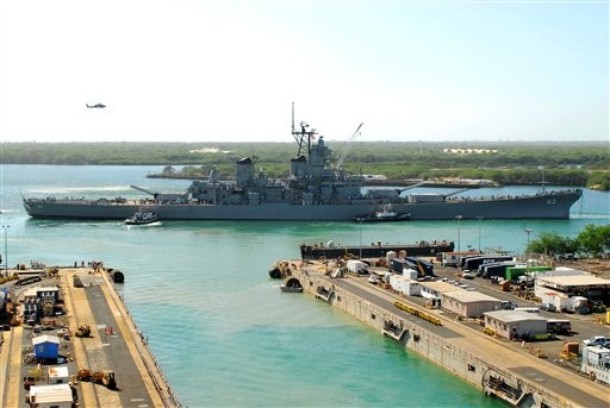Containing China

The Obama administration appears to have gotten the message. They did sell a much needed package of arms to Taiwan. Secretary Gates did not mince words in talking about U.S. and allied interests in the South China Sea and the administration appears to be going forward with joint anti-submarine warfare exercises with the South Koreans despite howls of protests from China.Washington still has a strong hand to play. China is growing stronger, but, for all of its chest thumping, it pales in strength compared with the United States and its allies in Asia. And none of our Asian allies want a dominant China. Indeed, one of the untold stories in Asia is the region's military modernization. Almost all of our allies are buying advanced tactical aircraft (mostly the F-35), maritime surveillance capabilities, and diesel submarines -- to deal with a rising China. The atmosphere is ripe for us to begin creating an informal network of alliances operating more closely together, particularly since much of what our allies are buying is American equipment. Washington should start to build the institutions today that will allow the allies to train together on their fifth-generation aircraft, patrol the South China Seas, and hunt for submarines. How about announcing the creation of a fifth generation aircraft "center for excellence" in Singapore, where all allies can train?
The point is that there is still a chance to present China with a choice: act like a responsible power or face a great wall of resistance.
I think the basic contours of this sound right: China is not going to expand into a vacuum. Whereas the Soviet Union was able to march into militarily defeated territory during and after World War II to grow its power base, China has no such luxury. This puts the U.S. on rather solid footing with respect to the balance of power in Asia, but it still requires some investment and attention on our part (which is why starting a third war in the Middle East would be a significant mistake).
But as an aside, I don't quite understand Blumenthal's point about "acting like a responsible power." China has interests. Those interests may or may not conflict with America's. There is nothing inherently "irresponsible" about a country pursuing its interests, even if they conflict with ours. I imagine, were the shoe on the other foot, Blumenthal would find this kind of language from officials in Beijing rather tedious.
(AP Photo)



